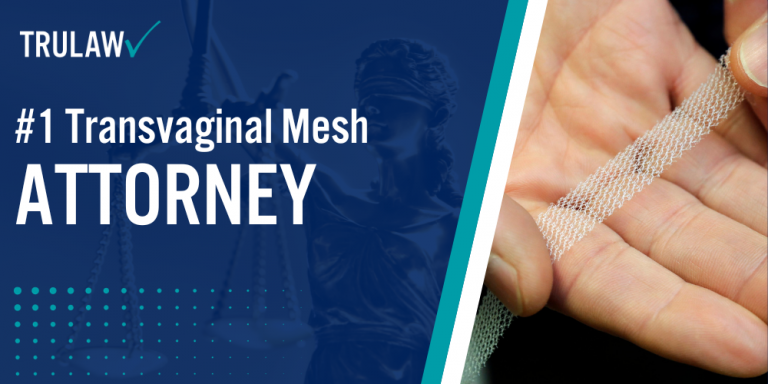Transvaginal mesh complications are not uncommon and can lead to serious injuries.
The list of potential issues is expansive, including organ perforation, nerve damage surrounding tissue itself, bleeding, pain unrelated to intercourse, and infection.
Complications like these arise in various ways: the mesh eroding over time or even immediately due to the surgical procedure itself.
Vaginal tissue erosion becomes a considerable concern with transvaginal pelvic organ prolapse repair utilizing surgical mesh.
This condition results in severe pain and chronic discomfort that can affect everyday life significantly.
It doesn’t stop there; there’s also the heightened threat of infections from mesh implants.
These infections don’t just cause excruciating pain, but could potentially evolve into more complicated conditions such as sepsis.

A 2017 study found that nearly half of all women who had a transvaginal mesh implanted suffered some form of injury from the instruments used during surgery.
Given this alarming rate of incidence, knowledge about the possible risks associated with Transvaginal Meshes should outweigh their intended benefits while considering them for health issues like pelvic organ prolapse and stress urinary incontinence.
Pelvic Organ Prolapse (POP)
Pelvic Organ Prolapse (POP) is a medical condition that occurs when the pelvic floor muscles weaken, causing one or more pelvic organs to descend into or out of the vagina.
This condition can lead to a range of symptoms such as leaking urine, difficulty in controlling bowel movements, and feeling pressure in the pelvic region.
Treatment options for POP often include surgical interventions, one of which is the use of transvaginal mesh.







